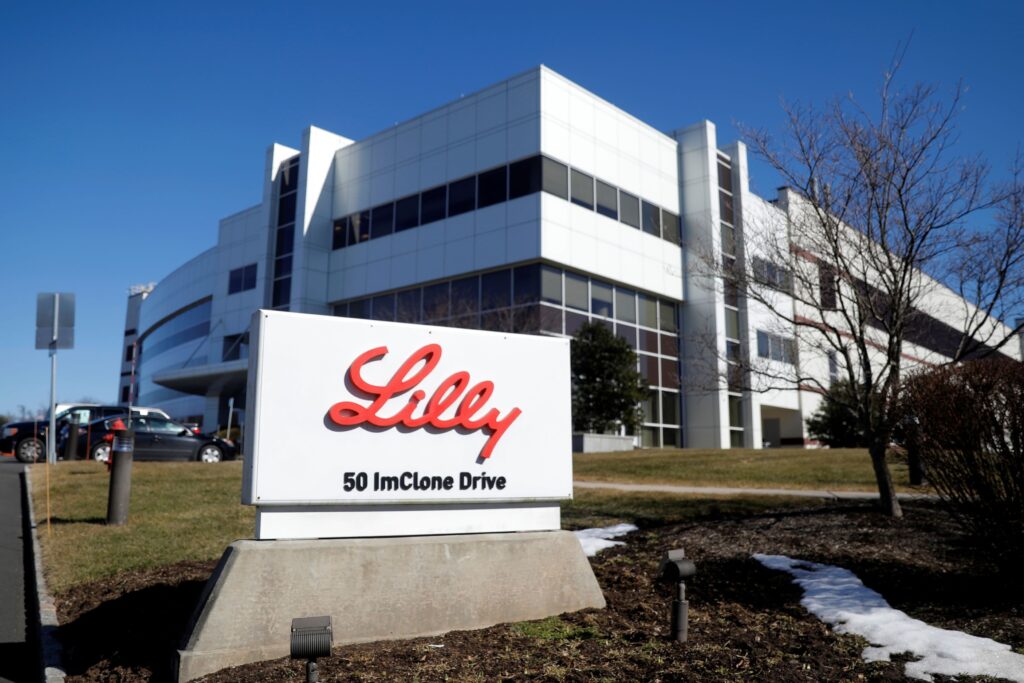Feb 2023: Accelerated approval is granted by FDA to pirtobrutinib (Jaypirca, Eli Lilly and Company) for relapsed or refractory mantle cell lymphoma.
In BRUIN (NCT03740529), an open-label, multicenter, single-arm trial of pirtobrutinib monotherapy that comprised 120 MCL patients who had previously received BTK inhibitor treatment, efficacy was assessed. Patients had received a median of three lines of therapy before, with 93% receiving two or more. Ibrutinib (67%), acalabrutinib (30%), and zanubrutinib (8%), which were the most frequently prescribed prior BTK inhibitors, were stopped by 83% of patients due to refractory or worsening disease. Pirtobrutinib was given orally once day at a dose of 200 mg and continued until the disease progressed or the side effects became intolerable.
Overall response rate (ORR) and duration of response (DOR), as determined by an independent review committee using the Lugano criteria, were the primary efficacy measures. The ORR was 50% (95% CI: 41, 59) and 13% of respondents completed the survey in full. The estimated DOR rate at 6 months was estimated to be 65.3% (95% CI: 49.8, 77.1), and the estimated median DOR was 8.3 months (95% CI: 5.7, NE).
In patients with MCL, fatigue, musculoskeletal discomfort, diarrhoea, edoema, dyspnea, pneumonia, and bruising were the most frequent side effects (15%). Decreased neutrophil, lymphocyte, and platelet counts were grade 3 or 4 laboratory abnormalities in 10% of individuals. Precautions and warnings regarding infections, bleeding, cytopenias, atrial fibrillation and flutter, and second main malignancies are included in the prescribing material.
It is advised to take 200 mg of pirtobrutinib once daily until the disease progresses or the toxicity becomes intolerable.


